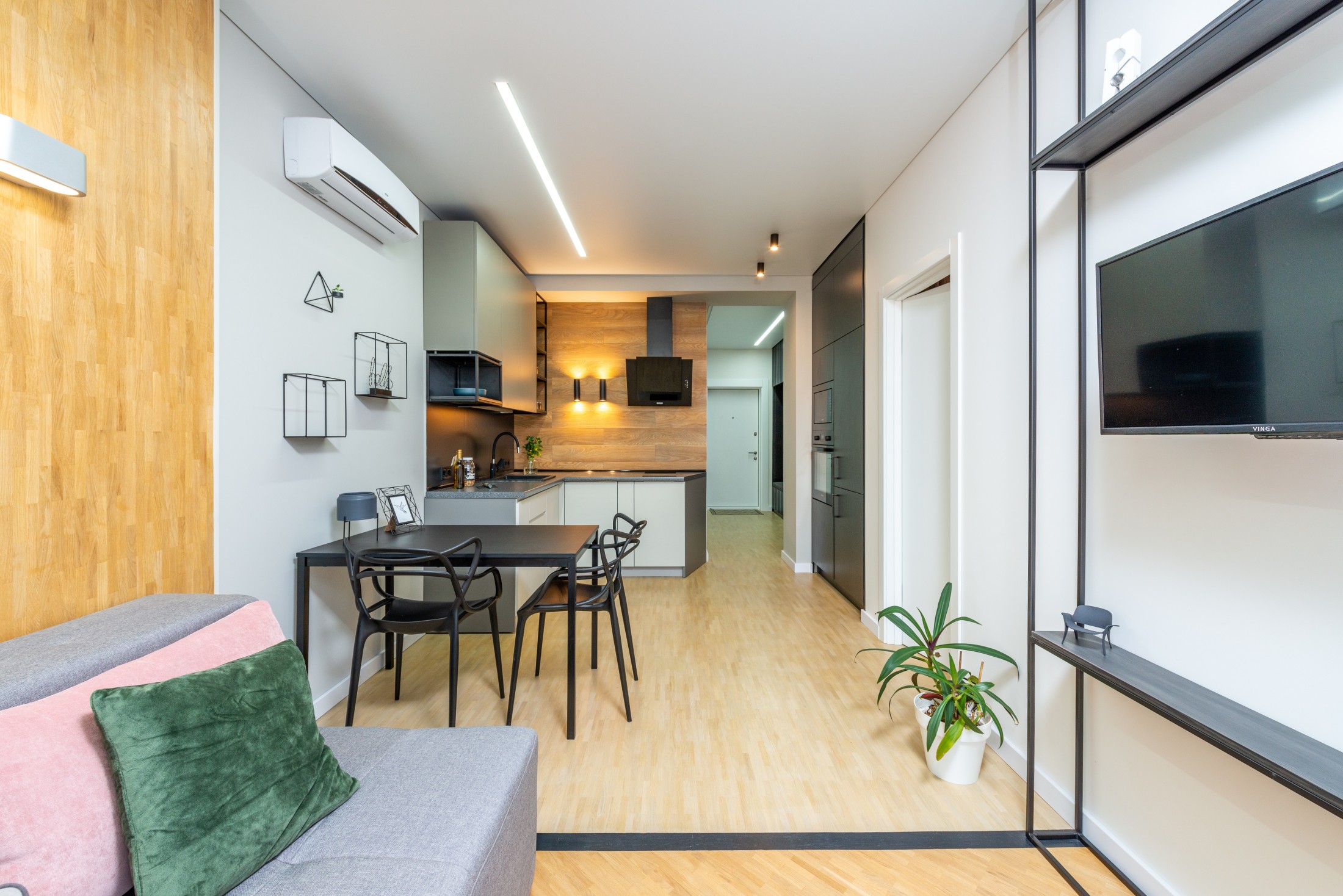
Electric heat pumps are an energy-efficient and sustainable alternative to traditional HVAC System (heating, ventilation, and air conditioning). These systems work by transferring heat from one area to another, making them an excellent option for homeowners who want to reduce their carbon footprint while also saving money on their energy bills.
Traditional HVAC Systems rely on fossil fuels such as gas or oil to generate heat. These systems can be inefficient, expensive to operate, and harmful to the environment due to the production of greenhouse gas emissions.
On the other hand, electric heat pumps use electricity to move heat from one area to another. This process allows them to provide both heating and cooling capabilities, making them a versatile and cost-effective solution for home heating and cooling needs.
With the increasing focus on sustainability and energy efficiency, upgrading to an electric heat pump can provide significant benefits for homeowners. Not only can it help to reduce their energy bills and carbon footprint, but it can also increase the comfort and value of their homes.
How an Electric Heat Pump Works
Electric heat pumps work by transferring heat from one area to another, using a refrigerant and a compressor to move heat from the outside to the inside of a building. The basic principle of heat transfer is that heat naturally moves from a warmer area to a cooler one. The refrigerant in the heat pump absorbs heat from the outdoor air or ground, compresses it, and then releases it indoors, where it warms the air.
Compared to traditional HVAC Systems, electric heat pumps do not create heat directly. Instead, they move heat from one area to another, which makes them more energy-efficient and sustainable.
Traditional HVAC Systems, on the other hand, rely on burning fossil fuels to create heat, which can be expensive and produce harmful emissions.
There are three main types of electric heat pumps: air-source, ground-source, and water-source. Air-source heat pumps are the most common type and use outside air to provide heating and cooling. Ground-source heat pumps, also known as geothermal heat pumps, use the constant temperature of the ground to provide heating and cooling. Water-source heat pumps use a nearby water source, such as a lake or river, to provide heating and cooling.
The type of heat pump that is best for a particular application depends on various factors, such as the climate, the size and layout of the building, and the available resources. Homeowners should consult with a heat pump expert to determine the best type of heat pump for their needs.
Benefits of Upgrading a Traditional HVAC System
Upgrading a traditional HVAC System to an electric heat pump can provide homeowners with a variety of benefits.
Improved Energy Efficiency and Cost Savings
Electric heat pumps are highly energy-efficient, which can lead to significant cost savings on energy bills. According to the U.S. Department of Energy, electric heat pumps can provide heating at a lower cost than traditional HVAC Systems, especially in areas with mild winters. This increased energy efficiency can also reduce the wear and tear on the system, potentially increasing its lifespan and reducing maintenance costs.
Increased Comfort and Convenience
Electric heat pumps provide consistent heating and cooling, making them a more comfortable and convenient option than traditional HVAC Systems. They can also be controlled remotely, allowing homeowners to adjust the temperature and settings from their smartphones or other devices.
Reduced Carbon Footprint and Environmental Impact
Electric heat pumps are a more sustainable and environmentally friendly option than traditional HVAC Systems. They do not rely on fossil fuels, which means they produce significantly fewer greenhouse gas emissions.
Additionally, heat pumps can help to reduce the demand for natural gas and oil, which can help to protect the environment and reduce the carbon footprint of the home.
Increased Home Value and Resale Potential
Upgrading to an electric heat pump can increase the value of a home, especially if it is done as part of a larger energy efficiency upgrade. This can make the home more attractive to potential buyers and increase its resale potential.
Homeowners should consult with a heat pump expert to determine the best type of heat pump for their needs and take advantage of these benefits.
Factors to Consider When Upgrading a Traditional HVAC System
When considering upgrading to an electric heat pump, there are several important factors that homeowners should take into account. Below are some of the most significant factors to consider:
Initial Costs and Long-Term Savings
Upgrading a traditional HVAC system to an electric heat pump can require a significant initial investment. However, homeowners should also consider the long-term savings that can be achieved through improved energy efficiency and reduced maintenance costs. It is important to compare the upfront costs with the expected long-term savings to determine if the investment is worth it.
Sizing and Capacity Requirements
The size and capacity of the electric heat pump are important considerations when upgrading. The heat pump must be properly sized to ensure that it can provide enough heating and cooling for the home. If the heat pump is too small, it will not be able to adequately heat or cool the home, while a heat pump that is too large may result in unnecessary energy usage and higher costs.
Climate and Weather Conditions
The climate and weather conditions in the area where the home is located are important factors to consider when choosing an electric heat pump. Homes located in areas with extreme temperatures, such as very hot or very cold climates, may require a different type of heat pump or additional equipment to ensure optimal performance.
Maintenance and Servicing Requirements
Electric heat pumps require regular maintenance and servicing to ensure optimal performance and longevity. Homeowners should consider the maintenance and servicing requirements of the heat pump when choosing a system to ensure that they can meet the necessary maintenance requirements and keep the system in good working order.
Upgrading Your Traditional HVAC System
Homeowners should carefully consider the initial costs and long-term savings, sizing and capacity requirements, climate and weather conditions, and maintenance and servicing requirements when upgrading a traditional HVAC system to an electric heat pump. By taking these factors into account, homeowners can choose a system that is both energy-efficient and effective in providing comfortable and sustainable heating and cooling for their home.
Upgrading to an heat pump offers a range of benefits for homeowners, including improved energy efficiency, increased comfort, and reduced environmental impact. By understanding the basic principles of how electric heat pumps work, the various types available, and the factors to consider when upgrading, homeowners can make an informed decision about which system is best for their home.
Upgrading to an electric heat pump is a smart choice for homeowners who are looking for an efficient, sustainable, and cost-effective way to heat and cool their home.
If you're interested in learning more or scheduling a consultation or installation with a trusted heat pump expert, we encourage you to reach out to us at Heatpumps.ca. Our team is dedicated to providing top-quality heat pump installation and maintenance services to help you achieve maximum comfort and energy efficiency in your home.




